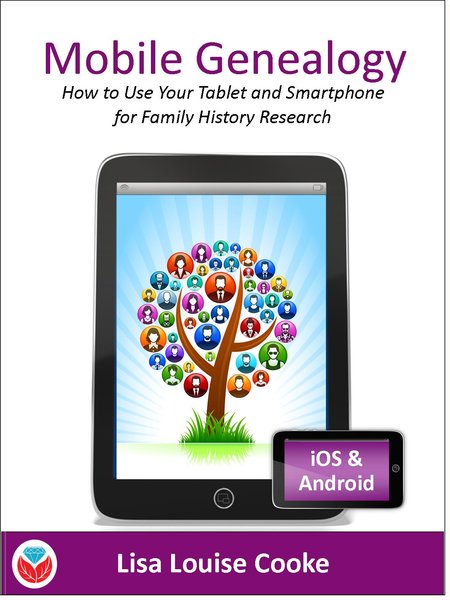American Slave Records in New and Updated Genealogical Collections
American slave records contained in the Digital Library on American Slavery at the University of North Carolina Greensboro have recently been updated. Also in new and updated genealogical record collections this week, records from Australia, United States, and Ireland.
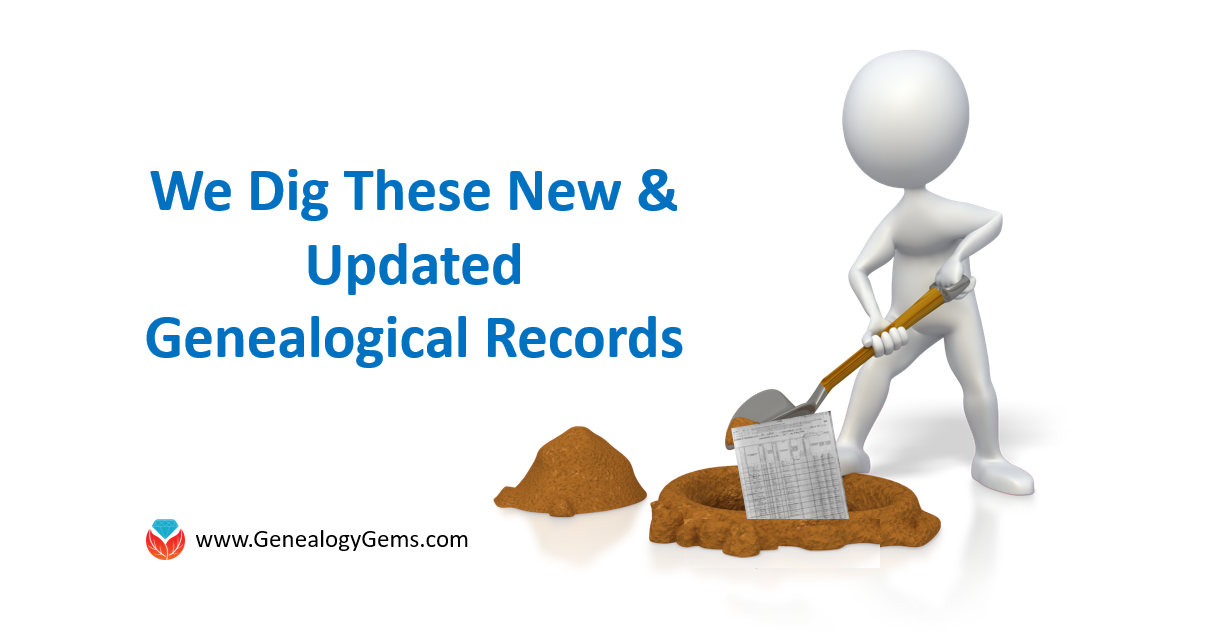
United States – North Carolina – American Slave Records
An expansion of the University of North Carolina Greensboro University Libraries’ Digital Library on American Slavery has added bills of sales. These records index the names of enslaved people from across North Carolina. When complete the project will include high resolution images and full-text searchable transcripts. This digital library also includes other important record projects such as:
Race and Slavery Petitions Project – A searchable database of detailed personal information about slaves, slaveholders, and free people of color. The site provides access to information gathered over an eighteen-year period from petitions to southern legislatures and country courts filed between 1775 and 1867 in the fifteen slave-holding states in the United States and the District of Columbia.
North Carolina Runaway Slave Advertisements, 1750-1840 Project – Online access to all known runaway slave advertisements (more than 2300 items) published in North Carolina newspapers from 1751 to 1840. Digital images, full-text transcripts, and descriptive metadata, are included in this searchable database.
The Trans-Atlantic Slave Trade Database – Among other things, this database identifies 91,491 Africans taken from captured slave ships or from African trading sites. It includes the African name, age, gender, origin, country, and places of embarkation and disembarkation of each individual.
People Not Property – Slave Deeds of North Carolina – When complete, People Not Property – Slave Deeds of North Carolina will include high resolution images, and full-text searchable transcripts. Though still in the working stages, they hope to open the project to states beyond North Carolina, creating a central location for accessing and researching slave deeds from across the Southern United States. Keep a watchful eye on this exciting endeavor!
Australia – Victoria – Court Session Records
Over 3 million Victoria Petty Sessions Registers records have just been released in association with Public Records Office Victoria to coincide with Australia Day (January 26th) 2017. This collection includes both transcripts and scanned images of original court registers. If your ancestors had a run-in with the law, you may find them here.
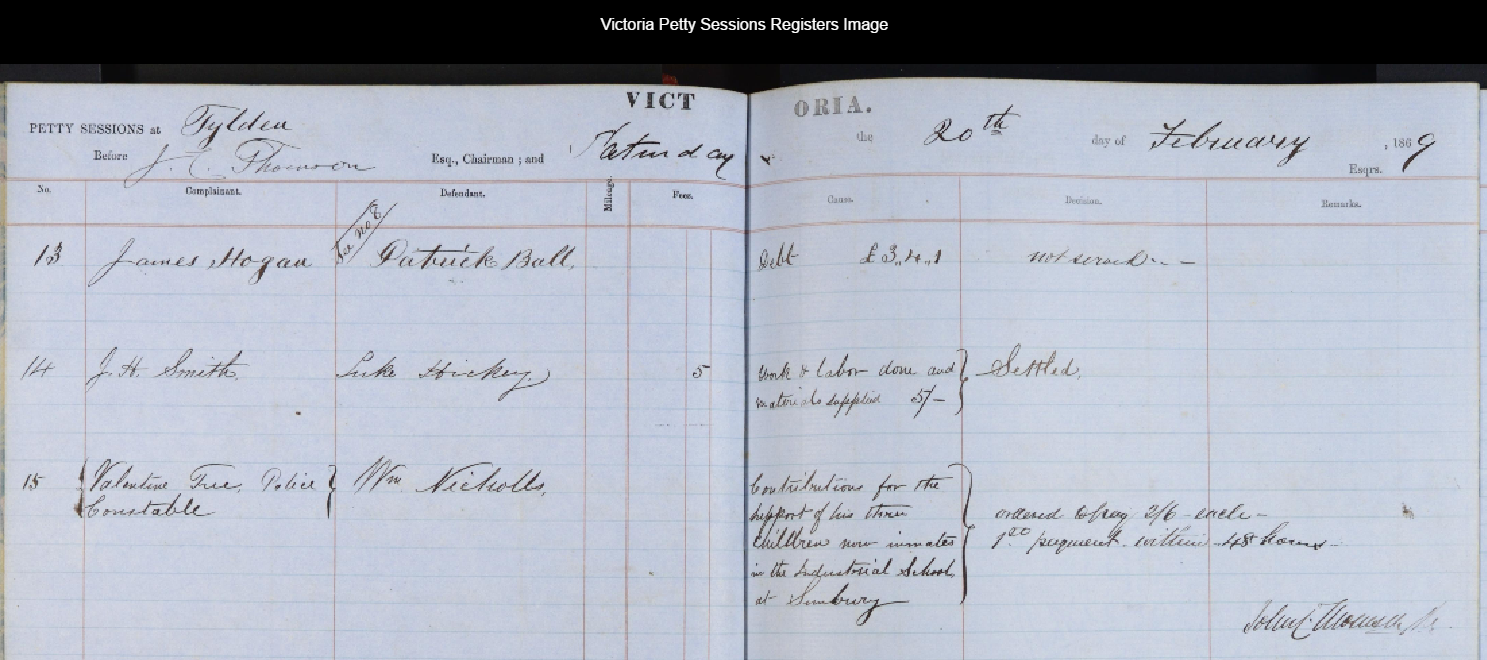
Snapshot of Victoria Petty Sessions Record from Findmypast.
This collection covers both civil and minor criminal cases. The Court of Petty Sessions’ brief was wide, making these records a powerful resource for those with Australian ancestors. Your ancestors may appear as a witnesses, defendants, complainants, or even as a Justice of the Peace. Cases include merchants who had not paid duty on their goods, to workers suing for unpaid wages. Debts were also collected and disputes settled. Public drunkenness was a common offence, as was assault and general rowdiness.
The registers available in this collection cover the years between 1854 and 1985. Transcripts will list the event date, your ancestor’s role (whether plaintiff, defendant, etc.), cause or reason for the case, the court it was held at, the date, and a brief description. Images may provide additional details.
Australia – Queensland – Passenger Lists
Also at Findmypast, Queensland Custom House Shipping 1852-1885 passengers and crew with over 107,000 records of passengers and crew that made voyages between 1852 to 1885.
These transcripts list information taken from original documents held by the National Archives of Australia and will allow you to discover your ancestor’s age, nationality, occupation, date and port of arrival, date and port of departure, and the name of the ship they sailed on.
United States – New York – Passenger Lists
United States – Ohio – Tax Records
The records included in the Ohio Tax Records, 1800- 1850 at FamilySearch contain both the index and images to taxation records as recorded with the County Auditor of each county. The records in this collection cover the years 1800 to 1850. However, the majority are from the years 1816 through 1838. Entries are recorded in voucher books and one person per page. Included are the following Ohio counties:
- Ashtabula
- Belmont
- Carroll
- Columbiana
- Guernsey
- Harrison
- Jackson
- Jefferson
- Monroe
- Trumbull
- Washington
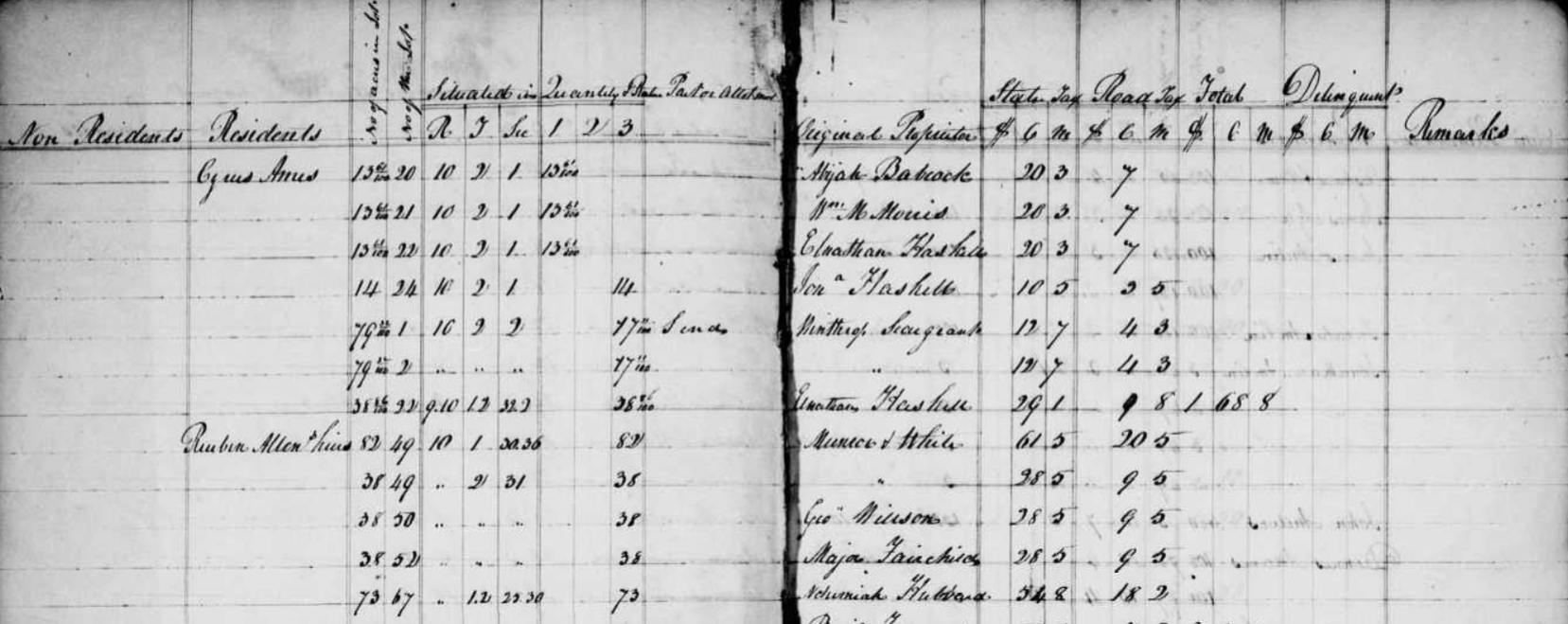
Snapshot of an Ohio Tax Record via FamilySearch.org
Governments created tax records that vary in content according to the purpose of the assessment. Most are based on personal property, real estate, and income. They are particularly useful for placing your ancestor in a particular area year after year, hopefully leading you to other helpful records.
United States – Massachusetts – Revolutionary War Index Cards
FamilySearch has updated the Massachusetts, Revolutionary War, Index Cards to Muster Rolls, 1775-1783 collection this week. These index card abstracts are of accounts, muster and pay rolls, and descriptive lists and accounts, of soldiers who served in Massachusetts companies and regiments during the Revolutionary War, 1775-1783.
Examples of Card Abstract Types
- An Account -Mass. Archives Depreciation Rolls
- Company Return – Coat Rolls Eight Months Service
- Continental Army Pay Accounts – Continental Army Books
- A Descriptive List – Mass. Muster and Pay Rolls
- Lexington Alarm Roll – Lexington Alarms
- List of Men Mustered – Mass. Muster and Pay Rolls
- List of Men Raised to Serve in the Continental Army
- Muster and Pay Roll
- Muster
- Order for Bounty Coat – Coat Rolls Eight Months Service Order
- Order – Mass. Muster And Pay Rolls
- Pay Abstract – Mass. Muster and Pay Rolls
- Pay Roll
- Receipt for Bounty – Mass. Muster and Pay Rolls
- A Return
- Statement of Continental Balances
Ireland – Newspapers
This month’s enormous Irish Newspapers update at Findmypast contains over 1.2 million articles. Seven brand new titles have also been added including the Leinster Leader, Donegal Independent, Kildare Observer & Eastern Counties Advertiser, Wicklow News-Letter & County Advertiser, Longford Journal Wicklow People, and the Ballyshannon Herald.
Newspapers are a great source for vital information when records cannot be found. To learn more about using newspapers for genealogy research, read Lisa Louise Cooke’s top-notch tips in Everything You Need to Know About How to Find Your History in Newspapers.

 world.
world.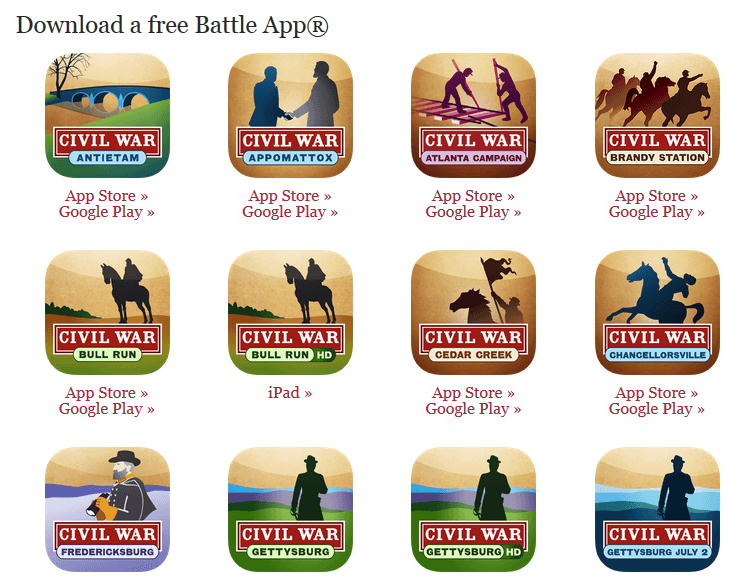
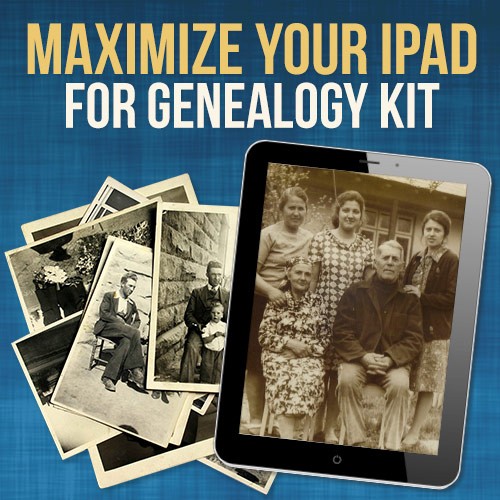 We love these family history app recommendations! Family Tree Magazine sells a great Maximize your iPad for Genealogy Kit on their website, which includes a webinar I did for them called “iPad: Your Ultimate Genealogy Tool” and an e-book version of my book Turn Your iPad into a Genealogy Powerhouse.
We love these family history app recommendations! Family Tree Magazine sells a great Maximize your iPad for Genealogy Kit on their website, which includes a webinar I did for them called “iPad: Your Ultimate Genealogy Tool” and an e-book version of my book Turn Your iPad into a Genealogy Powerhouse.